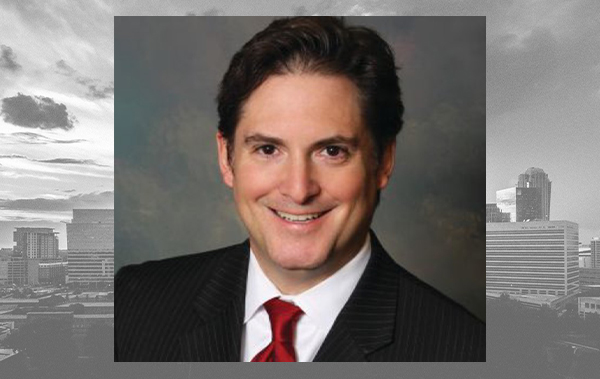In our nation’s history, only two U.S. presidents came into office having previously served as mayor of a city or town – Grover Cleveland, who served as mayor of Buffalo before becoming governor of New York and then being elected to the presidency, and Calvin Coolidge, who briefly served as the mayor of Northampton, Massachusetts.
When you think about it, that is a fairly staggering and sobering fact.
Local government, whether serving at the municipal or county level, has its own rewards. It’s less partisan and more practical. For local officeholders, having the ability to turn policy into tangible results that you can see taking root and having real effects on people’s lives may be reason to want to stay in those positions for years or decades.
Still, serving on a town or city council or a county commission can also be a great place to learn skills like coalition building and how to work across governmental levels, and to educate yourself on issue sets that involve local, state and federal government. And those skills and that learning translate well when locally elected officials move on to higher office, whether at the state or federal level.
With that in mind, you might think that more people would jump into local offices before setting off to conquer Raleigh or Washington.
But as we see with through the history of the presidency, that is not always the case.
In Raleigh, nineteen current sitting House members have served on town or city councils, while seven sitting members of the state Senate have spent time on municipal elected boards. Roughly around the same numbers have served on boards of county commissioners. And there are a handful of state legislators who — though they never held local elected offices — have or continue to serve in working capacity or in an advisory role to local governments. Those include the current respective leaders of the House and Senate, House Speaker Tim Moore and Senate President Pro Tem Phil Berger. Speaker Moore has worked in a county attorney position for Cleveland County, while Senator Berger served as town attorney for Mayodan for three decades.
Read about newcomers with municipal government backgrounds filing for higher office in ‘Putting Local Government Experience to Work in Higher Office’ on page 32.
That seems like pretty good representation by those with local government experience, until you consider that there are 170 total seats in the North Carolina General Assembly.
Obviously, those without local government experience bring their own experiences from a variety of backgrounds — whether in business, other areas of government, the nonprofit and charitable sector, or through social and community activities. And those experiences can prove valuable in the state policy setting process. No one would argue that those perspectives are not needed as legislators pass laws that affect a wide range of people and how we conduct our lives.
Even so, what is so key in having a background in local government is gaining an appreciation for the individual visions of local residents and how their needs can be so different from one place to the other.
That being the case, I hope we see those numbers rise in the future, and that NCLM can play a more substantial role in preparing municipal officials who wish to make that leap into higher office. Our Advancing Municipal Leaders trainings are one way that we are better preparing those officials for the offices that they hold today and tomorrow.
But doing that and more, we can fulfill a key organizational value of being responsive to citizens and better answering to them in meaningful ways that affect their everyday lives.















